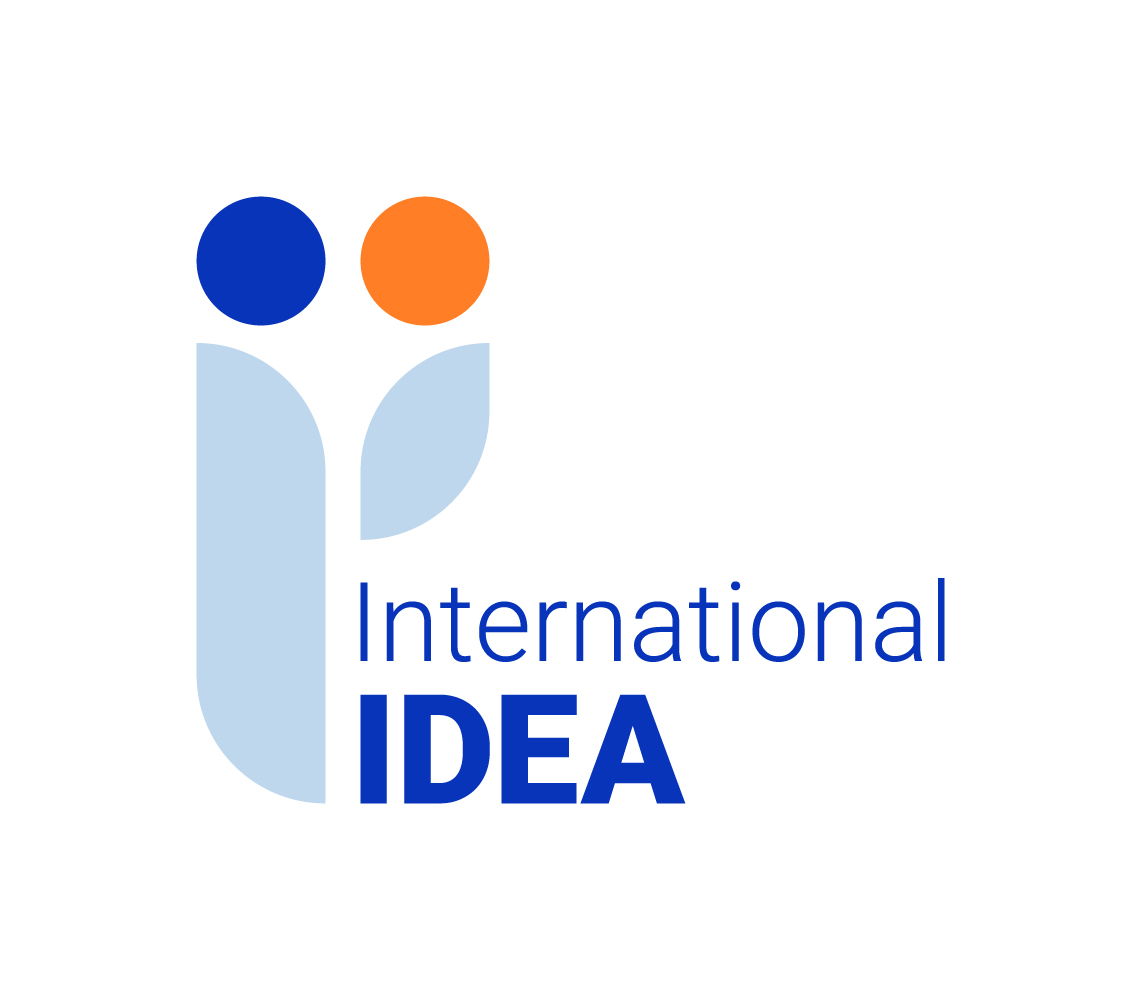Uncontrolled finances can rob democracy of its unique strengths: political equality, the empowerment of the disenfranchised, and the ability to manage societal conflicts peacefully. The integrity of democratic process and representative bodies of government remains heavily affected by the lack of transparency in political and campaign finance.
Search
Region
Country
Type
You are cordially invited to this cross-sectorial conversation among senior actors in Brussels to discuss how Gender Equality, Diversity and Inclusion are at the core of Europe’s Democratic future, share good practices from the Covid-19 pandemic experience, and recommend priorities for the post-pandemic recovery phase.
Keynote Address by: Helena Dalli, European Commissioner for Equality
International IDEA in collaboration with the Research and Innovation Forum is organizing a Round Table panel discussion on Friday, 9 April 2021, 14:00 (CEST) to explore the Global Democratic Trends Before and During the Covid-19 Pandemic.
The United Nations Department of Economic and Social Affairs (UNDESA), the International Development Law Organization (IDLO) and the Government of Italy are co-organizing the virtual conference SDG 16 as the roadmap to respond to Covid-19 and build back better, 28-30 April 2021.
Electoral technology will always play a key role in Kenya's general elections. However, despite substantial investments and expectations raised through the integration of technology, the Independent Electoral and Boundaries Commission (IEBC), in the past, failed to deliver the expected determinacy of the franchise in a single voter register.
International IDEA is hosting a two-day expert workshop on “Marginalized Groups in Electoral Processes: Challenges and Strategies for Inclusion”, on 22-23 November 2016. The workshop will be held at International IDEA’s Headquarters in Stockholm, Sweden, and will bring together internal and external experts in the areas of electoral processes and political inclusion.
In situations of violent conflict, negotiated agreements—including ceasefire or peace agreements and documents detailing constitutional arrangements—attempt to reach a new political settlement between the warring protagonists, which is ideally supported by the broader society. Such political settlements aim to move the country or region from conflict to a situation characterized by constitutional commitments to good governance and the rule of law.
International IDEA will take part in a panel discussion between experts with the participation of young leaders from around the world on “The Role of Youth in the Peace and Security Dialogue”.
With the global refugee population reaching an estimated 22.5 million by mid-2017, compared to 10.4 million in 2011, the world is seeing an unprecedented increase in the number of refugees and asylum seekers. More than half of the global refugee population comes from only three countries: Syria, Afghanistan, and South Sudan.
The appeal of traditional institutions for political representation, such as political parties and legislatures, seems to be in decline in both established and developing democracies alike. Increasingly, new forms of political action and agendas emerge, including different forms of Populism.
Organized by the Konrad-Adenauer Stiftung in Spain, this Forum explores the current state and future of democracy. Gathering policymakers, leaders of local political movements and experts from Asia, Africa, Europe and Latin America, participants are invited to explore the current state of democracy and how to address the challenges facing it now.
Launched in January 2016 by the Paris School of International Affairs of Sciences Po (PSIA), the Youth & Leaders Summit is an annual PSIA conference on complex international issues that brings together today’s leading international affairs personalities with PSIA students.
A companion event to the CoD Ministerial Conference, the Youth Forum will take place in a virtual format using Zoom Webinars over three days on 27-29 September 2021.
The European Commission and the International Institute for Democracy and Electoral Assistance (International IDEA) are pleased to facilitate a Post Summit for Democracy Dialogue: Analyzing country commitments and exploring opportunities for engagement on 20 June 2022 in Brussels, Belgium and online.
On 25 November, the International Institute for Democracy and Electoral Assistance (International IDEA), in partnership with Vytautas Magnus University and the European Humanities University, will hold International Conference “Constitutionalism in Europe: Current Challenges and Prospects for the Future”.
International IDEA held an online panel discussion on the latest Global State of Democracy (GSoD) Indices findings on the six countries in the Western Balkans (Albania, Bosnia and Herzegovina, Kosovo, North Macedonia, Montenegro and Serbia) on 10 February 2023.
As revealed by International IDEA's recent research, in many countries worldwide, women who serve as electoral officials face numerous challenges in the online space that threaten their mental well-being and physical and online safety.
During the Summit for Democracy Year of Action, the S4D cohort on Gender Equality as a Prerequisite for Democracy identified recommendations for strengthening democracy by promoting gender equality, Statement and
On 9 May 2023, International IDEA presented findings and recommendations from 'Elections in Emergencies and Crisis: Lessons for Electoral Integrity from the Covid-19 Pandemic' at the parliamentary conference “Election in Times of Crisis” organized by the Parliamentary Assembly of the Council of Europe (PACE) and the Swiss Parliament.

